Photo credit: TSN52 / Shutterstock.com.
By Nancy Price
Co-chair, Earth Democracy Issue Committee
June 2021
For those who have never read Christopher D. Stone’s seminal article, he is remembered by so many as the father of environmental law for his inspired, pathbreaking article, “Should Trees Have Standing? Toward Legal Rights for Natural Objects.”
In this 1972 article in the Southern California Law Review where he taught at the University of Southern California’s Gould School of Law for 50 years, Stone wrote: “I am quite seriously proposing,…that we give legal rights to forests, oceans, rivers and other so-called ‘natural objects’ in the environment – indeed to the natural environment as a whole.” He went on to propose that these rights would be asserted by a recognized guardian, much as the law allows for guardians for children, incapacitated adults, and others who have rights but require someone to speak on their behalf.
As Stone pointed out, “the world of the lawyer is peopled with inanimate right-holders – such as trusts, corporations, joint ventures, municipalities…and nation states.” Stone was insisting that rather than treat nature as property under the law, nature in all its life forms has the right to exist, persist, maintain, and regenerate its vital cycles.
In 1972, Stone was formulating his argument just when Sierra Club v. Morton was making its way through the courts to challenge a $35 million Walt Disney resort to be built in California’s Mineral King Valley. Significantly, the question at that time, the question before the Supreme Court, was did the Sierra Club have standing because this development was going to harm Sierra Club members?
Although the Court ruled that the Sierra Club did not have standing, Justice William O. Douglas in his strongly worded dissent cited Stone’s article and wrote: “The critical issue of ‘standing’ would be simplified…if we fashioned a federal rule that allowed environmental issues to be litigated…in the name of the inanimate object about to be despoiled, defaced, or invaded by roads and bulldozers and where injury is the subject of public outrage.” As Stone had done in his article, Douglas emphasized that if entities such as corporations and ships were sometimes regarded as persons under the law, “so should it be as respects valleys, alpine meadows, rivers, lakes, estuaries, beaches, ridges, groves of trees, swampland, or even air that feels the destructive pressures of modern technology and modern life.”
Remarkedly, it took 34 years after Stone’s article for the first Rights of Nature Ordinance to be proposed and passed. In 2006, the town of Tamaqua, PA, tried to stop toxic waste from being dumped into an abandoned open pit mine. Unfortunately, however, because the town did not own the mine it was denied standing. At this point, Ben Price (not a relative of mine) proposed an ordinance to protect the ecosystem surrounding the mine from contamination that the Tamaqua Borough Council passed on a 4-3 vote and this became the first Rights of Nature lawsuit.
Not long after this seminal and path-breaking victory, I worked with Defending Water for Life campaign of the Alliance for Democracy that helped a few towns in both New Hampshire and Maine pass Rights of Nature Ordinances to prevent bottled water companies from exporting spring water from these towns to bottle at nearby plants and to protect local water sources and ecosystems.
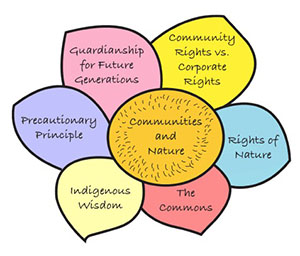 Soon Earth Democracy will reintroduce our revised Communities and Nature project. Until then, you can learn more about the Rights of Nature and the relationship to traditions of Indigenous cultures around the world by consulting the Global Alliance for the Rights of Nature and exploring the top navigation bars to learn about “Our Work,” “Resources,” “News/Events” and to subscribe to their newsletter.
Soon Earth Democracy will reintroduce our revised Communities and Nature project. Until then, you can learn more about the Rights of Nature and the relationship to traditions of Indigenous cultures around the world by consulting the Global Alliance for the Rights of Nature and exploring the top navigation bars to learn about “Our Work,” “Resources,” “News/Events” and to subscribe to their newsletter.
The Rights of Nature movement calls for an end to death threats and violence against defenders of their communities, protection of the environment and Mother Earth. The movement holds periodic tribunals, and is working “Towards an EU Charter of the Fundamental Rights of Nature,” and so much more. It is a movement whose time has come! There have been notable successes both in the US and abroad that I’ll write about in a second eNews article.
Christopher Stone passed away on May 14. You can read Ben Price’s "Remembering Christopher D. Stone, An Early Scholar for Legal Rights for Nature Concept" and obituaries can be found at The Washington Post and The New York Times.
Please let me know if you’d like to join the Earth Democracy committee: Nancy Price, 530-758~0726.


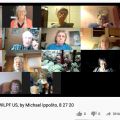
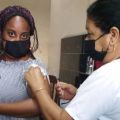
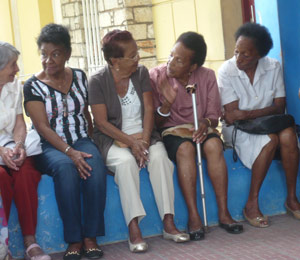 Cuba has produced five anti-SARS-CoV-2 vaccines, two of which are near the end of phase III clinical trials, the last step before approval. Cuba has about 11.3 million people, but they are producing 100 million doses of vaccine. They have already committed to share vaccine with other countries in Latin America and the Caribbean, and elsewhere in the world.
Cuba has produced five anti-SARS-CoV-2 vaccines, two of which are near the end of phase III clinical trials, the last step before approval. Cuba has about 11.3 million people, but they are producing 100 million doses of vaccine. They have already committed to share vaccine with other countries in Latin America and the Caribbean, and elsewhere in the world. 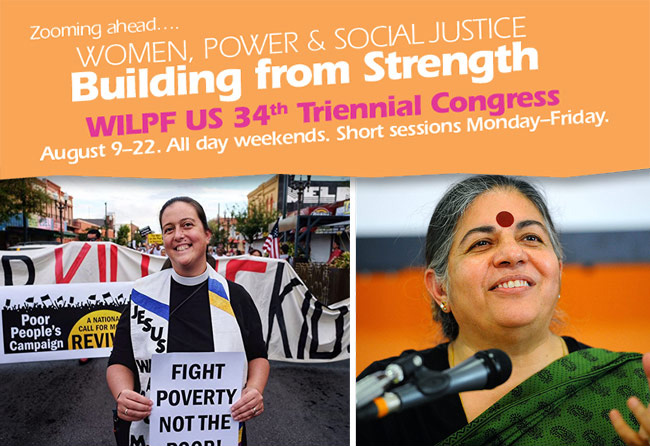
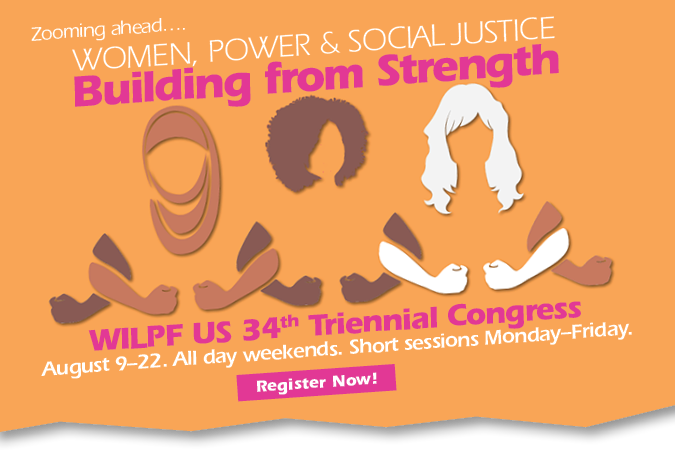



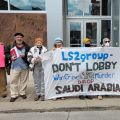
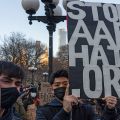
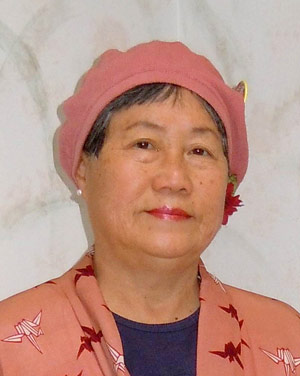 I am a child of immigrant Chinese parents. My father came to this country in 1923, moving to Hawaii from Canton Province for better opportunities. I, like many born here, have always felt that I was a full-fledged American and also a “perpetual foreigner.” As a university history major my senior thesis in 1965 was about the Chinese Exclusion Act of 1882, which prohibited all immigration of Chinese laborers. My parents couldn’t become naturalized citizens and onerous taxes were levied on those who did work in the United States. I remember my father, the third generation in his family to work in Hawaii, saying he had to pay a head tax in order to work because he was Chinese.
I am a child of immigrant Chinese parents. My father came to this country in 1923, moving to Hawaii from Canton Province for better opportunities. I, like many born here, have always felt that I was a full-fledged American and also a “perpetual foreigner.” As a university history major my senior thesis in 1965 was about the Chinese Exclusion Act of 1882, which prohibited all immigration of Chinese laborers. My parents couldn’t become naturalized citizens and onerous taxes were levied on those who did work in the United States. I remember my father, the third generation in his family to work in Hawaii, saying he had to pay a head tax in order to work because he was Chinese.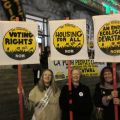
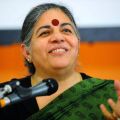
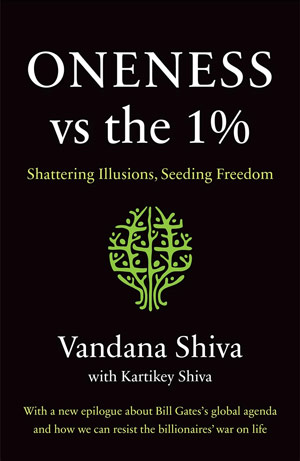 In Oneness vs. the 1%, Shiva points out that in 2010, 388 billionaires controlled as much wealth as the bottom half of humanity. By 2020 she predicted that the number of billionaires would just be 1 or 2. Can you guess who those 1 or 2, or even 3 are?? The BILL for passing through the GATES is very expensive.
In Oneness vs. the 1%, Shiva points out that in 2010, 388 billionaires controlled as much wealth as the bottom half of humanity. By 2020 she predicted that the number of billionaires would just be 1 or 2. Can you guess who those 1 or 2, or even 3 are?? The BILL for passing through the GATES is very expensive. Vandana Shiva is a world-renowned environmental thinker and activist, a leader in the International Forum on Globalisation and of the Slow Food Movement. Director of Navdanya and of the Research Foundation for Science, Technology and Ecology, she is a tireless crusader for the rights of farmers, peasants, and women, She is the author and editor of a score of influential books, among them Making Peace with the Earth; Soil Not Oil; Globalization’s New Wars; Seed Sovereignty, Food Security: Women in the Vanguard; and Who Really Feeds the World?
Vandana Shiva is a world-renowned environmental thinker and activist, a leader in the International Forum on Globalisation and of the Slow Food Movement. Director of Navdanya and of the Research Foundation for Science, Technology and Ecology, she is a tireless crusader for the rights of farmers, peasants, and women, She is the author and editor of a score of influential books, among them Making Peace with the Earth; Soil Not Oil; Globalization’s New Wars; Seed Sovereignty, Food Security: Women in the Vanguard; and Who Really Feeds the World?

